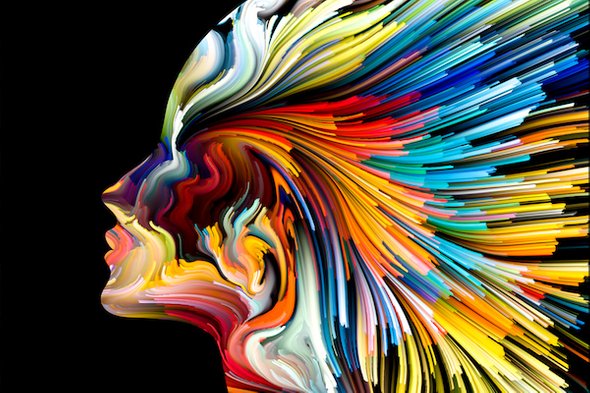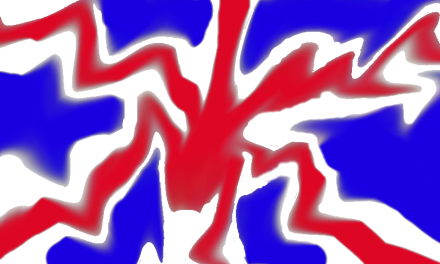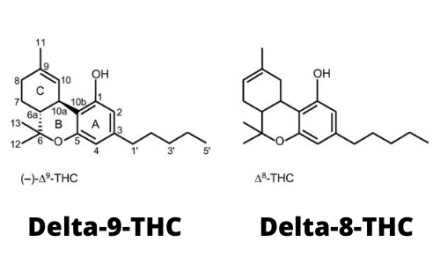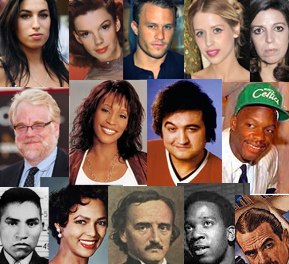Warning: Undefined variable $serie in /home/domains/treatmentandrecoverysystems.com/docs/wp-content/plugins/wp-series-manager/wp-series-manager.php on line 264
I’ve often wondered why the experiences that people have while under the influence of so-called psychedelic drugs can seem so much more meaningful than other kinds of experience.
Do the drugs really open the “doors of perception”, as Aldous Huxley suggested? And if so, how is that accomplished? What is it about absorbing a certain chemical that explains that unique sense of personal revelation that people often claim results from psychedelic drug use?
Never fear — science is in hot pursuit of an answer. Here’s a discussion that first appeared on the Vox website:
Why psychedelics produce some of the most meaningful experiences in people’s lives
Everything seems profound on psychedelics. Scientists are starting to ask why.
In college I served as a guide (more a monitor, to be honest) for a few of my tripping friends. Mostly poets and writers, so it was natural for them to record their insights and experiences. I often had a chance to read over some of these writings after the trip ended.
I’m not the first to notice how underwhelming some of them were. Even to the writer, in many cases.
What had seemed so incredibly important, even momentous, during the trip, had lost much of its charm. Some of it I’d have to describe as downright silly.
Then why had it felt so profoundly meaningful in the moment?
“To be honest, I remember very little of what happened that day,” reported one subject about his own experience. “Some of the images were amazing. But the insights? A lot of it was nonsense.”
The Vox article suggests that that might be physiological in origin. They cite an experiment where researchers found that simply by blocking a certain serotonin receptor, they had “…completely canceled the subjective effects of LSD; participants might as well have been sober.”
Is it really that simple? Is the profundity of the psychedelic experience nothing more than a physiological reaction to a certain chemical in a certain area of the brain? Take away the chemical, take away the experience?
If so, that would rob psychedelics of much of their luster.
But it would also help explain the importance of set and setting. On staging the trip in the proper context — surrounded by the right sort of people, in the correct environment. Mentally prepared to open oneself up to the experience, go with the flow. Even a guide to help integrate what’s seen and felt, both during and after the session.
After all, that’s how numerous societies have made use of these substances, ever since ancient times. As a ritual.
Who knows? Maybe with practice, we won’t even need the drugs.
These are posts belonging to the same serie:













